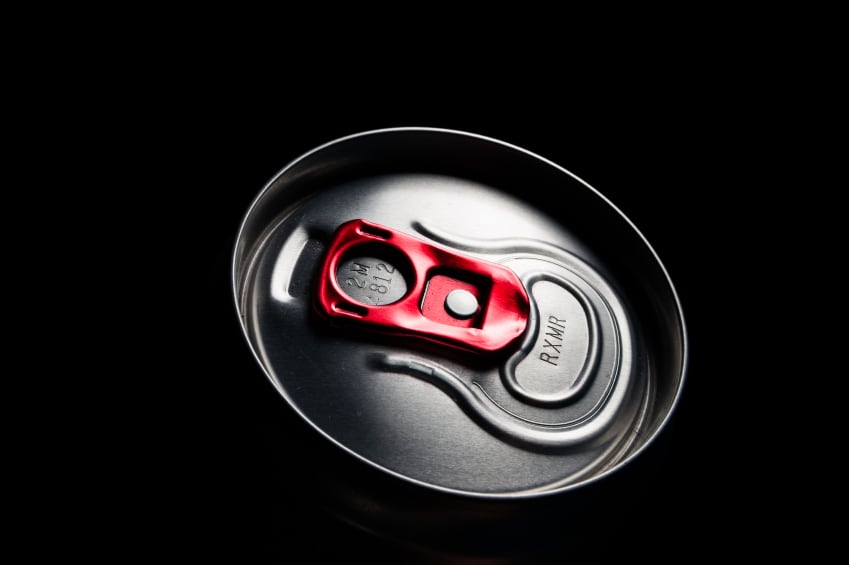The move reveals the institute's continuing concerns around the controversial caffeinated drinks, despite a recent safety opinion from the European Food Safety Authority (EFSA).
The general public will be able to submit questions to the BfR until 19 February, with the three most frequently posed questions to be answered by the institute in a video.
Dr Andreas Hensel, BfR president and professor at the University of Münster’s Institute of Pharmaceutical Biology and Phytochemistry, said the initiative sought to raise awareness of associated health risks particularly among young people.
"Energy drinks can lead to unwanted health effects, particularly if consumers drink large quantities of them, mix them with alcohol, don’t get enough sleep, or exert themselves physically,“ he said in a statement.
The BfR has long been an open adversary to high energy drink consumption.
Last year it criticised the much-anticipated caffeine risk assessment from EFSA for failing to account for real-life consumption habits of energy drinks.
Speaking at a Brussels stakeholder meeting at the time, EFSA said accounting for 'lifestyle choices' was not the point of the risk assessment.
EFSA's assessment found:
- Up to 400 mg of caffeine a day and 200 mg in a single session ﴾two hours﴿ does not pose a health risk for general population adults.
- For pregnant women, consumption should not exceed 200 mg a day to ensure there are no risks for the unborn baby.
The safety authority concluded it was unlikely caffeine interacted adversely with other energy drink ingredients like taurine and D-glucurono-γ-lactone, or with alcohol.
Binge drinking
Scientific committee member Josef Schlatter said drinking a bottle of vodka in combination with energy drinks would take consumers up to a 50% risk of dying, but said this risk would be due to the excessive consumption of strong alcohol not the energy drinks.
"There will always be certain kinds of lifestyles and caffeine in combination with all kinds of substances. We didn't look at binge drinking. [Binge drinking] is not recommended so if somebody does that it's their own responsibility," Schlatter said.
The caffeine content of a can of Red Bull is 80 mg/250 ml, while an average cup of coffee contains around 95 mg of caffeine.
Yet the BfR says many young people consume much more than just one can.
Discussing the launch of its forum, BfR said: "From the viewpoint of the BfR, health risks can occur when energy drinks or energy shots are consumed in high amounts.
"In addition, there are indications that simultaneous consumption of energy drinks and large quantities of alcohol and/or intensive physical activity in particular may increase the risk of negative health effects.”
Reliable evidence?

It said some case reports had described “severe damage [to] health and even death" following the consumption of energy drinks.
“However, no clear evidence of causality has so far been presented. The caffeine contained in energy drinks stimulates the cardiovascular and central nervous system. Large intake of caffeine can lead to unwanted effects such as increased nervousness, palpitations, cardiac arrhythmia and increased blood pressure," it said.
In 2013 the French Agency for Food, Environmental and Occupational Health and Safety (ANSES) analysed 212 cases of adverse effects reported through the French Nutritional Vigilance Scheme and considered that a causal relationship between the consumption of energy drinks and the adverse effects was very likely or likely in 25 cases (12%) and possible in 54 (24%).
In last year's Brussels stakeholder meeting, EFSA highlighted the difficulty in using such case studies from health care professionals and poison centres as evidence since details were often poorly reported and did not account for confounding factors.
In context
The energy drink debate hit headlines again this year as Latvia became the second European country after Lithuania to ban the sale of energy drinks to under 18s.
Trade group Energy Drink Europe (EDE) said it was considering action against the latest ban, which it called 'discriminatory' and possibly contrary to EU law.
The EDE did not respond to our request for comment on Germany's forum in time for the publication of this article.
This online dialogue marks the sixth such forum for the BfR since 2011, with past topics including the risks of ingesting aluminium through food and drinks, antibiotics use and endocrine disrupting chemicals.
